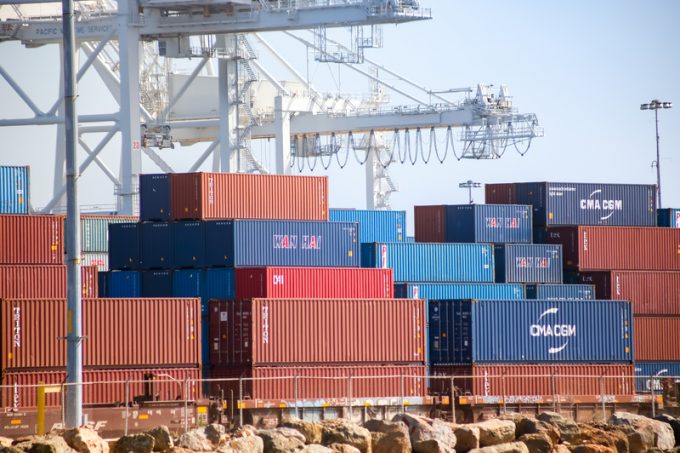LL: New US administration, new leaders of US maritime regulation
Lloyd’s List reports: IT IS a new political era in the US with the arrival of ...

The chronic congestion that has plagued the US port complex of Los Angeles and Long Beach since the summer is going from bad to worse.
The California Trucking Association (CTA) and Harbour Trucking Association (HTA) described the movement of cargo through the two ports this week as “nearing complete gridlock”.
All US west coast ports have been overwhelmed by a surge in imports this year. Recent figures from the National Retail Federation (NRF) show 2.11 million teu of import cargo for September, ...
'It’s healthy competition' Maersk tells forwarders bidding for same business
Transpacific sees first major MSC blanks as rates fall and volumes falter
US shippers slam USTR port fee plan – 'an apocalypse for trade'
Opposition builds for final hearing on US plan to tax Chinese box ship calls
Despite sourcing shifts, 'don't write-off China', says CMA CGM CCO
White House confirms automotive tariffs – 'a disaster for the industry'
Cargo chief quits WestJet as freighter operations cease
New price hikes may slow ocean spot rate slide – but for how long?

Comment on this article